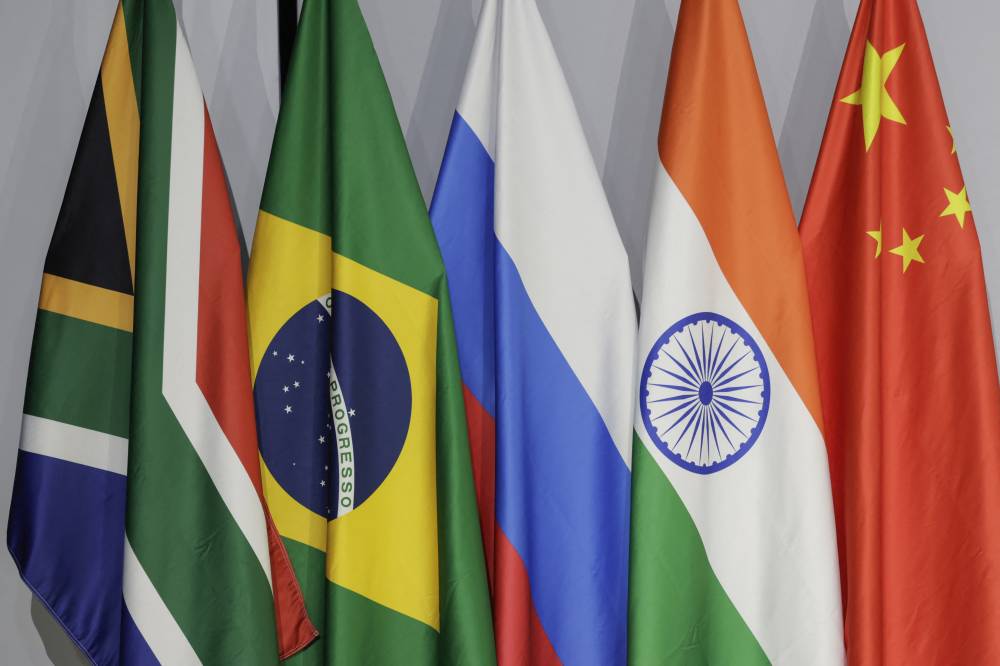Economist warns of implementation challenges if Malaysia joins BRICS

SHAH ALAM - Despite Malaysia's intention to join the intergovernmental organisation BRICS (Brazil, Russia, India, China and South Africa) to mitigate current geopolitical tensions, there will be challenges in implementation.
This, Universiti Malaya (UM) Social Wellbeing Research Centre senior research fellow and economist Dr Zulkiply Omar said was due to limited common ground with the other member countries, among other reasons.
He said from a political economics perspective, Malaysia decision aimed to balance power among nations and achieve geopolitical neutrality.
However, despite these advantages, Zulkiply also cautioned that there would be drawbacks to this approach.
"Trade relations wise, it is always easier to do trading processes using bilateral cooperation rather than multilateral cooperation through grouping like BRICS.
"We already have bilateral cooperations with India and China which is a good thing.
"It is true (that joining BRICS) can minimise the impact of geopolitical tensions and help mitigate conflicts between these countries. However, it will take time to achieve these goals and fully realise the financial and international trade benefits," Zulkiply said.
Meanwhile, economist Dr Shankaran Nambiar said Malaysia has always been driven by pragmatism, emphasising the importance of joining BRICS.
He also highlighted that Prime Minister Datuk Seri Anwar Ibrahim has been speaking about pursuing a fiercely independent foreign policy, which might be among the driving factors.
He said Malaysia has been focusing on expanding business alternatives by forming a bilateral relation with countries like China.
"China is a growing economic power and is geographically close to Malaysia. Malaysia is taking the opportunity to benefit from its strategic location by forming an economic cooperation.
"Without sacrificing its relationship with the United States (US) and the West, Anwar is seeking ways whereby Malaysia can be an important player in the region," he said.
He emphasised the importance of maintaining diplomatic relations with the US, given its superior global influence compared to China.
"The PM has been championing dedollarisation and the Asian Monetary Fund (AMF).
"Quite clearly, the PM wants developing countries to be less coupled to the US without denying their influence and economic power," he said while also highlighting that not completely relying on the US would be possible.
Another economist, Dr Khadijah Md Khalid said Malaysia has no choice but to join BRICS, to truly maximise its potential in developing its economy.
"However, the government of the day must be able to withstand pressure from the US and its close Western allies," she said.
It was reported that Malaysia was open to joining the BRICS because it can bring various economic benefits to the country.
Investment, Trade and Industry Minister Tengku Datuk Seri Zafrul Abdul Aziz said the BRICS organisation was seen to be developing smoothly for now and some countries such as the United Arab Emirates (UAE) and Egypt have also joined the organisation.















